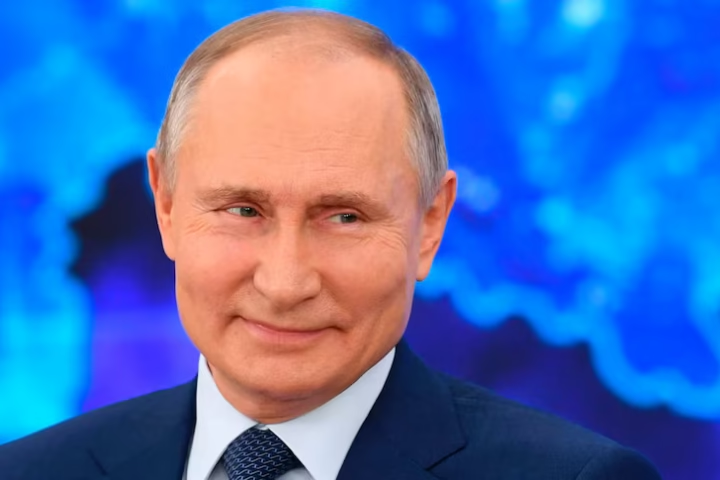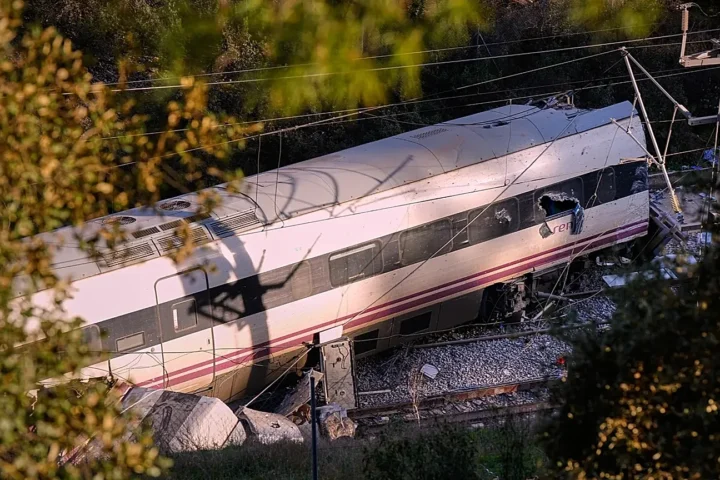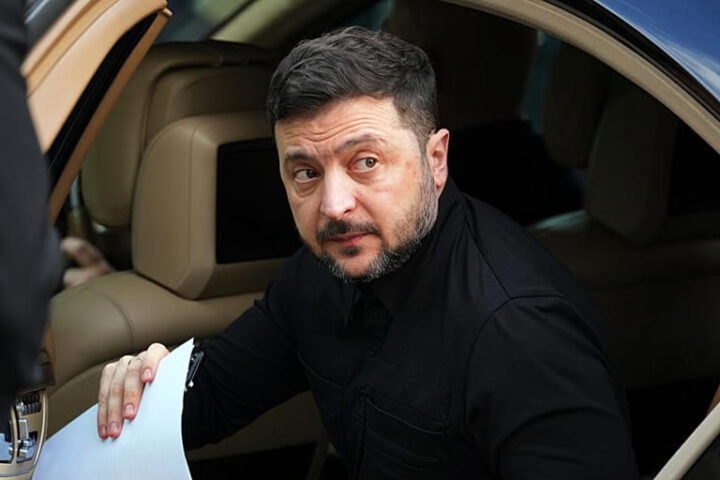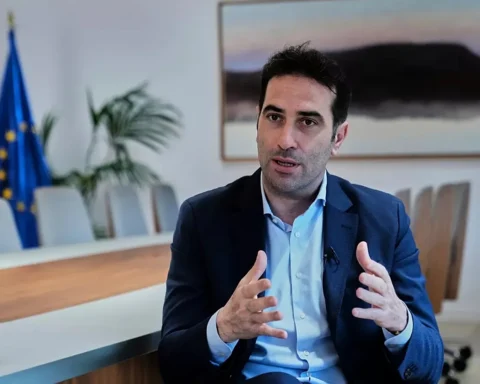Russia has accused Ukraine of launching a drone attack on a nuclear power plant in the Kursk region, sparking a fire that briefly raised fears of a wider disaster on Ukraine’s Independence Day. Russian emergency services reported that the blaze was quickly contained, with no casualties and no reported radiation leaks.
Incident at Kursk Nuclear Facility
According to Russia’s Defense Ministry, Ukrainian drones struck the perimeter of the Kursk nuclear power plant, located roughly 60 kilometers from the Ukrainian border. The attack reportedly damaged administrative and auxiliary facilities but did not compromise the plant’s reactor systems.
Fire brigades and emergency crews were dispatched to the site within minutes, and Russian authorities later confirmed that the blaze had been extinguished. Initial reports indicate no damage to the reactor containment areas or spent fuel storage units—critical safeguards in preventing nuclear accidents.
Timing and Symbolism
The incident occurred on August 24, Ukraine’s Independence Day, a date deeply symbolic for Kyiv and closely watched by Moscow. Ukrainian officials have not publicly commented on the attack, though it aligns with an escalation of drone strikes deep into Russian territory in recent months.
For Kyiv, targeting energy and military infrastructure inside Russia serves both a strategic and psychological purpose: to disrupt Moscow’s war machine while signaling that no Russian region is beyond reach. For Russia, the timing of the attack has been framed as both reckless and provocative, aimed at undermining nuclear safety in the region.
International Concerns About Nuclear Risks
The Kursk incident has reignited global concerns about the safety of nuclear facilities in and around the conflict zone. Since the start of the war, the Zaporizhzhia Nuclear Power Plant in southeastern Ukraine—Europe’s largest—has been repeatedly shelled and occupied, sparking alarm from the International Atomic Energy Agency (IAEA).
The IAEA has not yet issued a formal statement regarding the Kursk event, but nuclear experts warn that even indirect strikes pose serious risks. “While reactors are built with multiple layers of safety, attacks on supporting infrastructure—such as power lines, cooling systems, or storage facilities—can escalate into significant hazards,” one European nuclear safety analyst told reporters.
Strategic Escalation Inside Russia
Ukraine’s drone campaign against Russia has intensified in recent months, with strikes reported on Moscow, oil depots, and airfields far beyond the border. The attack on the Kursk nuclear plant underscores Kyiv’s growing ability to project force deeper into Russian territory, leveraging new domestically produced drones and Western intelligence support.
For Russia, the strike is another reminder that despite heavy defenses, its vast territory remains vulnerable. Moscow has vowed retaliation, framing the attack as “nuclear terrorism” and accusing Western allies of enabling Ukraine’s boldest operations.
No Immediate Radiation Threat
While the Kursk incident has fueled anxieties about nuclear safety, Russian authorities stressed that all systems remain fully operational and that radiation levels are normal. Regional officials sought to reassure residents, stating there was no need for evacuation or protective measures.
Nonetheless, experts note that the psychological impact of targeting nuclear facilities is profound. Memories of Chernobyl in 1986 and Fukushima in 2011 remain vivid, and any strike near reactors risks triggering both panic and geopolitical fallout.
Conclusion: A Dangerous New Front
The attack on the Kursk nuclear plant highlights the increasingly unpredictable nature of the Russia-Ukraine war, where symbolic dates and strategic infrastructure are frequent targets. While no immediate disaster occurred, the event underscores how close the conflict edges toward scenarios that could have catastrophic global consequences.
As the war grinds on into its third year, the specter of nuclear danger—whether from intentional strikes or accidental escalation—will remain one of the most alarming risks facing both combatants and the international community.
























